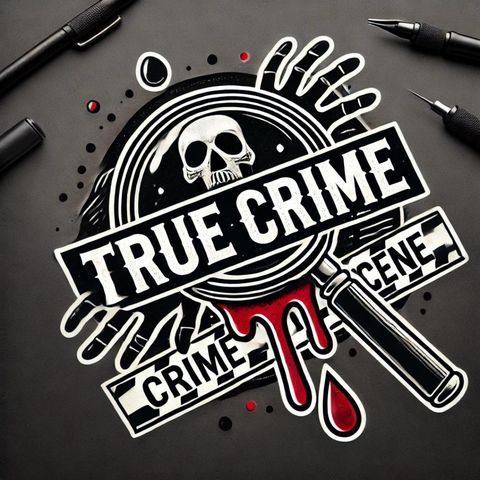The Black Dahlia

Download and listen anywhere
Download your favorite episodes and enjoy them, wherever you are! Sign up or log in now to access offline listening.
The Black Dahlia
This is an automatically generated transcript. Please note that complete accuracy is not guaranteed.
Description
The Black Dahlia The murder of Elizabeth Short, famously known as the "Black Dahlia," is one of the most infamous unsolved cases in American history. Her gruesome murder in 1947...
show more- Body Mutilation: Short's body was severed at the waist, and the two halves were positioned with her arms above her head and her legs spread apart.
- Torture Marks: Her body had been severely mutilated, with deep cuts on her face extending from the corners of her mouth to her ears, creating a "Glasgow smile."
- Drained of Blood: The body was completely drained of blood, and the internal organs were removed.
- Media Frenzy: The case quickly attracted massive media attention, with sensationalist reporting that often hindered the investigation. Reporters sometimes interfered with police work, and numerous false leads were published.
- False Confessions: Over the years, hundreds of individuals have confessed to the murder, but none of these confessions were substantiated by evidence.
- Lack of Evidence: Despite thorough investigations, including interviews with hundreds of suspects and witnesses, the police were unable to find conclusive evidence linking anyone to the crime.
- George Hodel: In recent years, Dr. George Hodel, a physician, has emerged as a prime suspect. Hodel's son, Steve Hodel, a former LAPD detective, has extensively investigated his father and believes he was responsible for the Black Dahlia murder. Evidence cited includes Hodel's knowledge of surgical procedures, a suspicious photograph, and cryptic statements.
- Mark Hansen: A nightclub owner and Hollywood figure, Hansen was connected to Elizabeth Short and had a history of violent behavior. However, no solid evidence linked him to the murder.
- Leslie Dillon: A bellhop and aspiring writer, Dillon was briefly considered a strong suspect due to his detailed knowledge of the crime, but he was eventually dismissed as a suspect.
- Other Theories: Various theories have proposed connections to organized crime, other serial killers, or even a police cover-up, but none have provided conclusive evidence.
- "The Black Dahlia" (1987) by James Ellroy: A fictionalized account of the investigation, which was later adapted into a film in 2006.
- "Severed: The True Story of the Black Dahlia Murder" (1994) by John Gilmore: A true-crime book that delves into the case and its impact.
Information
| Author | Servizi Radio |
| Organization | Servizi Radio |
| Website | - |
| Tags |
Copyright 2024 - Spreaker Inc. an iHeartMedia Company
